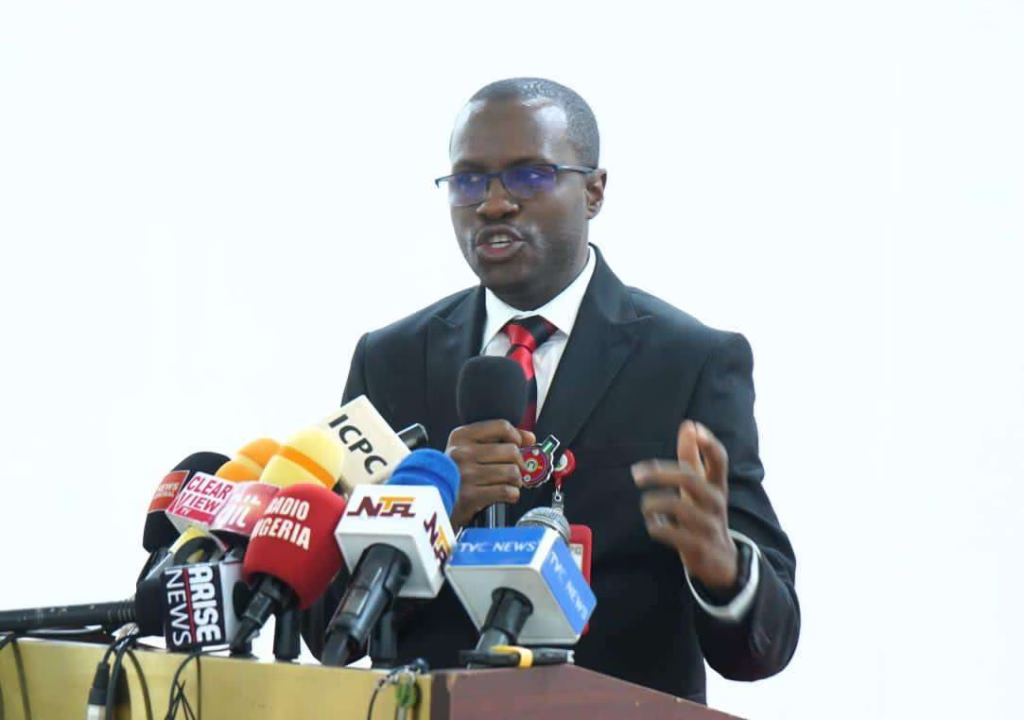The Independent Corrupt Practices and Other Related Offences Commission (ICPC), Nigeria’s anti-graft agency, has vowed to take stronger measures to eliminate bias and corruption in public sector hiring, declaring the need for merit-based systems to foster trust and equity nationwide.
During a meeting in Abuja on Saturday, ICPC Chairman Dr. Musa Aliyu, SAN, emphasized this commitment while hosting a delegation from the Civil Defence, Correctional, Fire, and Immigration Services Board (CDCFIB), led by its Executive Secretary, retired Maj.-Gen. Abdulmalik Jibril. The talks centered on combating systemic corruption, particularly in recruitment processes for key security and public service roles. Aliyu warned that unchecked job racketeering—where positions are sold or allocated through nepotism—risks eroding national development and deterring foreign investors seeking stable governance.
“Young Nigerians already face limited job opportunities. When recruitment is tainted by favoritism or fraud, it deepens public distrust and fuels division,” Aliyu stated. He urged the CDCFIB, which oversees hiring for paramilitary agencies, to enforce transparency and prioritize merit to ensure equal opportunities for all applicants, regardless of background.
The ICPC leader outlined a three-part strategy to fight corruption: prevention through institutional reforms, strict enforcement of anti-graft laws, and nationwide campaigns to raise public awareness. He stressed that effective reform requires collaboration across agencies rather than relying solely on prosecutions, proposing a formal partnership via a Memorandum of Understanding (MoU) with the CDCFIB. Such a pact, he noted, could streamline intelligence-sharing, joint training programs, and anti-corruption initiatives.
Jibril, responding on behalf of the CDCFIB, welcomed the proposal, acknowledging the ICPC’s role in guiding ethical governance. He affirmed the Board’s readiness to adopt stricter safeguards in its operations, which include recruitment for agencies like the Nigerian Security and Civil Defence Corps and the Immigration Service. Established in 1986, the CDCFIB was created to decentralize the oversight of paramilitary services previously managed under the Ministry of Interior.
The meeting signals growing inter-agency efforts to address Nigeria’s corruption challenges, which have long hindered economic growth and public confidence. With youth unemployment exceeding 19%, demands for equitable access to civil service jobs have intensified, underscoring the stakes of systemic reform. Analysts observe that strengthening recruitment integrity could not only bolster domestic stability but also improve Nigeria’s appeal to international partners and investors.
